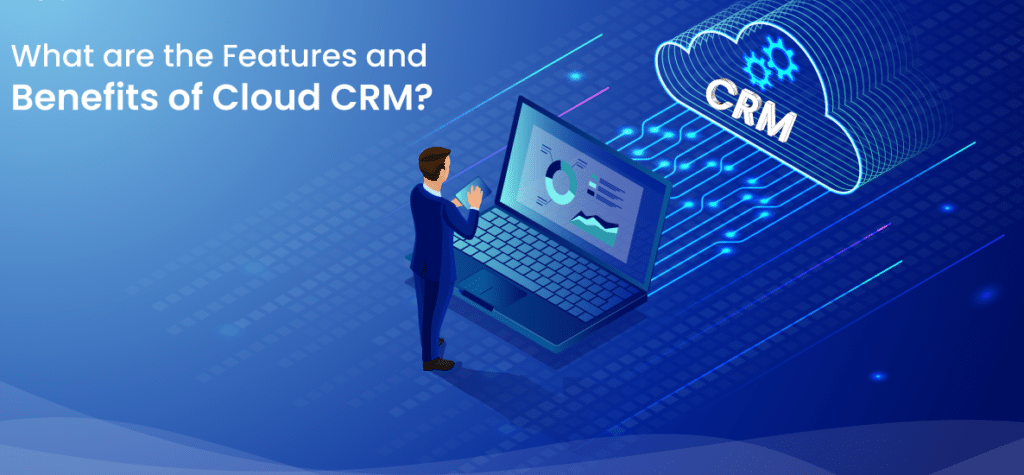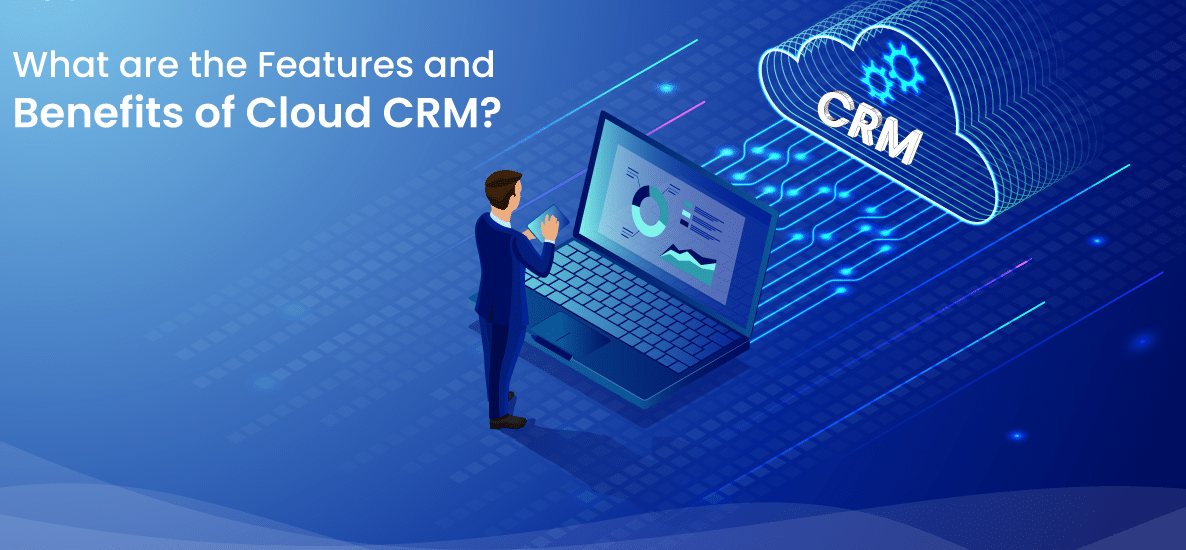In today’s fast-paced business landscape, managing customer relationships efficiently is paramount. Enter Cloud-Based CRM Apps—a game-changer for businesses seeking effective ways to streamline their customer interactions. In this article, we’ll dive deep into the world of Cloud-Based CRM Apps, exploring their features, advantages, and answering some commonly asked questions. So, let’s embark on this journey to harness the power of Cloud-Based CRM Apps.
Cloud-Based CRM Apps: Unveiling the Future

In a digital age where data is king, Cloud-Based CRM (Customer Relationship Management) Apps have emerged as a vital tool for businesses of all sizes. These applications leverage the power of cloud technology to enhance customer interactions, streamline processes, and boost overall productivity.
What Are Cloud-Based CRM Apps?
Cloud-Based CRM Apps, often referred to as CRM software, are cloud-hosted platforms designed to help businesses manage and analyze customer data efficiently. They provide a centralized hub for storing customer information, interactions, and sales opportunities, accessible from anywhere with an internet connection.
Why Choose Cloud-Based CRM Apps?
- Flexibility: Cloud-Based CRM Apps offer the flexibility to access data and collaborate remotely, making it ideal for modern businesses.
- Scalability: These apps can scale with your business, accommodating your growing customer base and evolving needs.
- Cost-Effective: With no need for on-premises infrastructure, Cloud-Based CRM Apps can be cost-effective, especially for startups.
- Data Security: Most CRM providers prioritize data security, ensuring your customer information is safe from threats.
- Automation: They enable automation of repetitive tasks, saving time and improving efficiency.
Salesforce – The Powerhouse CRM
Salesforce is a name synonymous with CRM excellence. This cloud-based CRM app offers a comprehensive suite of tools for sales, marketing, and customer support. With features like lead scoring, workflow automation, and AI-powered analytics, Salesforce empowers businesses to deliver top-notch customer experiences.
HubSpot CRM – The All-In-One Solution
HubSpot CRM is a user-friendly and feature-rich choice for businesses seeking an all-in-one CRM solution. It offers email tracking, task automation, and integration with HubSpot’s marketing and sales tools, making it a popular choice for startups and small businesses.
Zoho CRM – The Customizable Option
Zoho CRM stands out for its high degree of customization. Tailor the platform to your unique business needs with custom modules and fields. Zoho CRM also provides AI-driven insights and workflow automation, making it a versatile choice.
Freshsales – The Intuitive Choice
Freshsales is known for its intuitive user interface, making it easy for teams to get started quickly. It offers email tracking, built-in phone, and lead scoring. The platform’s AI capabilities assist in lead prioritization, helping your sales team focus on hot prospects.
Pipedrive – The Sales-First CRM
Pipedrive is designed with a sales-first approach, making it an ideal choice for sales-focused teams. It offers robust sales pipeline management, email templates, and forecasting tools. Pipedrive’s simplicity and effectiveness make it a favorite among sales professionals.
Microsoft Dynamics 365 – The Enterprise Solution
For large enterprises, Microsoft Dynamics 365 is a powerhouse CRM app. It seamlessly integrates with other Microsoft products and offers advanced features like AI-driven insights, predictive analytics, and IoT capabilities.
Insightly – The Project-Centric CRM
Insightly combines CRM with project management, making it an excellent choice for businesses that manage projects alongside customer relationships. It offers email marketing, lead routing, and task management features.
Features That Matter
Cloud-Based CRM Apps come equipped with an array of features to simplify customer management. Here are some key functionalities to look for:
1. Contact Management
Effortlessly organize and access customer information, including contact details, communication history, and preferences.
2. Sales Pipeline Tracking
Visualize your sales pipeline, track leads, and analyze conversion rates to make informed decisions.
3. Email Integration
Integrate your email system with the CRM to send and receive messages directly within the platform.
4. Analytics and Reporting
Generate insightful reports and analytics to gain valuable business intelligence.
5. Task Automation
Automate routine tasks like sending follow-up emails and appointment reminders to boost productivity.
Cloud-Based CRM Apps in Action
Let’s explore some real-world scenarios to understand how Cloud-Based CRM Apps can benefit businesses.
Scenario 1: Sales Team Empowerment
Imagine a sales team that can access customer data on the go, schedule follow-up calls automatically, and receive real-time lead updates. Cloud-Based CRM Apps empower sales teams to close deals faster and smarter.
Scenario 2: Marketing Campaign Success
For marketing teams, CRM Apps provide data-driven insights into customer preferences and behavior. This knowledge allows them to craft targeted campaigns that resonate with the audience, resulting in higher conversion rates.
Scenario 3: Customer Support Excellence
Customer support teams can provide top-notch service by accessing customer histories, preferences, and previous interactions promptly. This leads to faster issue resolution and satisfied customers.
Cloud-Based CRM Apps FAQs
Q: Can I customize a Cloud-Based CRM App to suit my business needs?
A: Absolutely! Most Cloud-Based CRM Apps offer customization options to tailor the platform to your unique requirements.
Q: Is my data safe in the cloud?
A: Yes, cloud-based CRM providers invest heavily in security measures to protect your data from breaches and unauthorized access.
Q: Are there free Cloud-Based CRM options available?
A: Yes, some CRM providers offer free versions with limited features, making them suitable for small businesses.
Q: How do I migrate my existing customer data to a Cloud-Based CRM?
A: Most CRM providers offer data migration services or tools to help you seamlessly transition your data.
Q: Can I integrate other business software with a Cloud-Based CRM?
A: Yes, many CRM Apps offer integrations with popular software like email, marketing tools, and analytics platforms.
Q: What kind of training is required for using Cloud-Based CRM Apps?
A: Most CRM providers offer training resources, including tutorials and customer support, to help users get started.
Conclusion
In the ever-evolving business landscape, Cloud-Based CRM Apps have emerged as a crucial tool for managing customer relationships effectively. Their flexibility, scalability, and feature-rich offerings make them indispensable for businesses of all sizes. By harnessing the power of Cloud-Based CRM Apps, you can streamline operations, boost sales, and provide exceptional customer experiences. Embrace the future of customer relationship management today!
